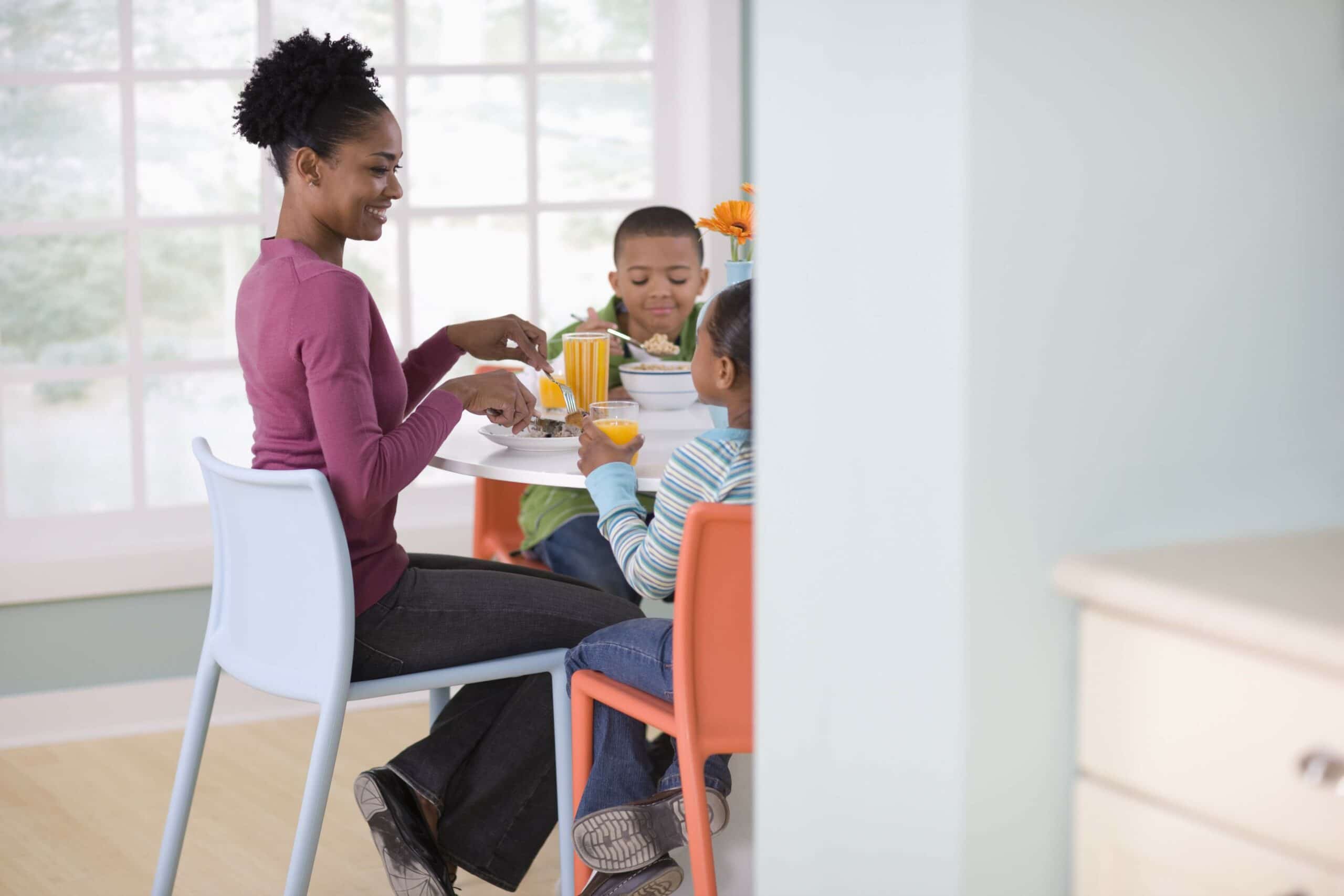
It seems that we are all in a big hurry these days and life is often chaotic when you have young children in the home. Having routines is really important for young children’s health and development.
Routines have been shown to be positively associated with social-emotional and cognitive development and school readiness and negatively associated with childhood obesity. Knowing what to expect provides the child with a sense of security, safety, and comfort.
In early childhood, children are dependent on their parents and other caregivers to regulate the environment and activities going on around them. As they grow and mature, they begin to gradually take control of their own regulation.
When the environment is chaotic and lacking in structure, children have difficulty developing proper attention skills, getting to sleep, and having important social interactions with their caregivers. All of these factors are important for school readiness skills, health, and well-being across the lifespan. However, care must be taken not to be too rigid in establishing routines. Parents should take cues from their children and recognize that some children need more structure than others.
Two of the more important routines are sleep and eating. Regular naptimes and bedtimes are important. It is also important to have routines that prepare the child for the transition to sleep. For example, if bathing always comes before bedtime, the child begins to understand the order of events in his/her life. The bath may also serve to relax the child and prepare them for letting go of the activities of the day and transitioning to sleep. The bath may be followed by story time, reading, or singing. When these activities happen every day, it’s easy for the child to establish a pattern.
Routines are good for parents too. Once established, it makes these transitions go more smoothly. As the child gets older, the routine can be modified to allow the child to have some control.
For example, you may ask them, “Would you like to brush your teeth first or take your bath first?” This allows the child to feel in control and build confidence. In addition to building self-regulation skills and self-esteem, these routine periods provide opportunities to talk with the child and build language skills.
Feeding/eating is another very important routine. Not only is it important to have routine times to eat, but to also eat together as a family. The meal serves as a social activity in which children learn social skills such as table manners, conversational styles, and sharing.
Research has shown that when families engage in more routines, children are at less risk for obesity, develop better self-regulation skills, which relate to school readiness and other long-term outcomes; and have better social and emotional skill development.
It’s never too early to begin family routines. Just make sure that the routines match the age and developmental level of the child.









